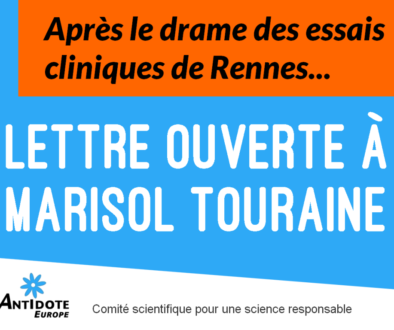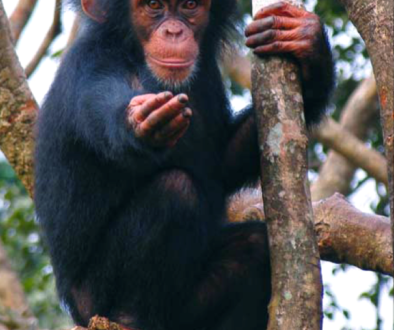Scientists question value of monkey experiments
An article published in the peer-reviewed Medicolegal and Bioethics presents a rare challenge not just on the ethics but also on the science of using non-human primates in research.
Public surveys have consistently shown the general public to be uneasy about the use of non human primates in scientific research. For example, 80 per cent of respondents to the European Commission’s public consultation on the current revision of Directive 86/609/EEC (on the protection of animals in laboratories) responded that the use of primates in laboratories was “not acceptable”.
Now, a team of scientists, including a professor of neuroscience based at the University of California in San Diego, has published an in-depth analysis that will make researchers who use animals begin to question not just the ethics of using these animals in research, but also the science that underpins their use as “models” of human diseases. The article, published December 6th, 2011 in the online peer-reviewed journalMedicolegal and Bioethics, represents a rare challenge to the use of non human primates in science.
The scientific criticism levelled at this research is intended as a wake-up call not just for the animal-based researcher community, but also for the general public and those who fund animal experiments. Says Ray Greek MD, principal author of the article, “The current scientific evidence is stacked against the practice of using animals, in general, and non human primates, specifically, in biomedical research. This has important legal and ethical ramifications.”
Notes to editors:
Full online article is available at: http://www.dovepress.com/articles.php?article_id=8799 
Reference to EC public consultation is available at:http://ec.europa.eu/environment/chemicals/lab_animals/pdf/results_citizens.pdf
CONTACT
André Ménache
Mob: (0790) 644-6889


